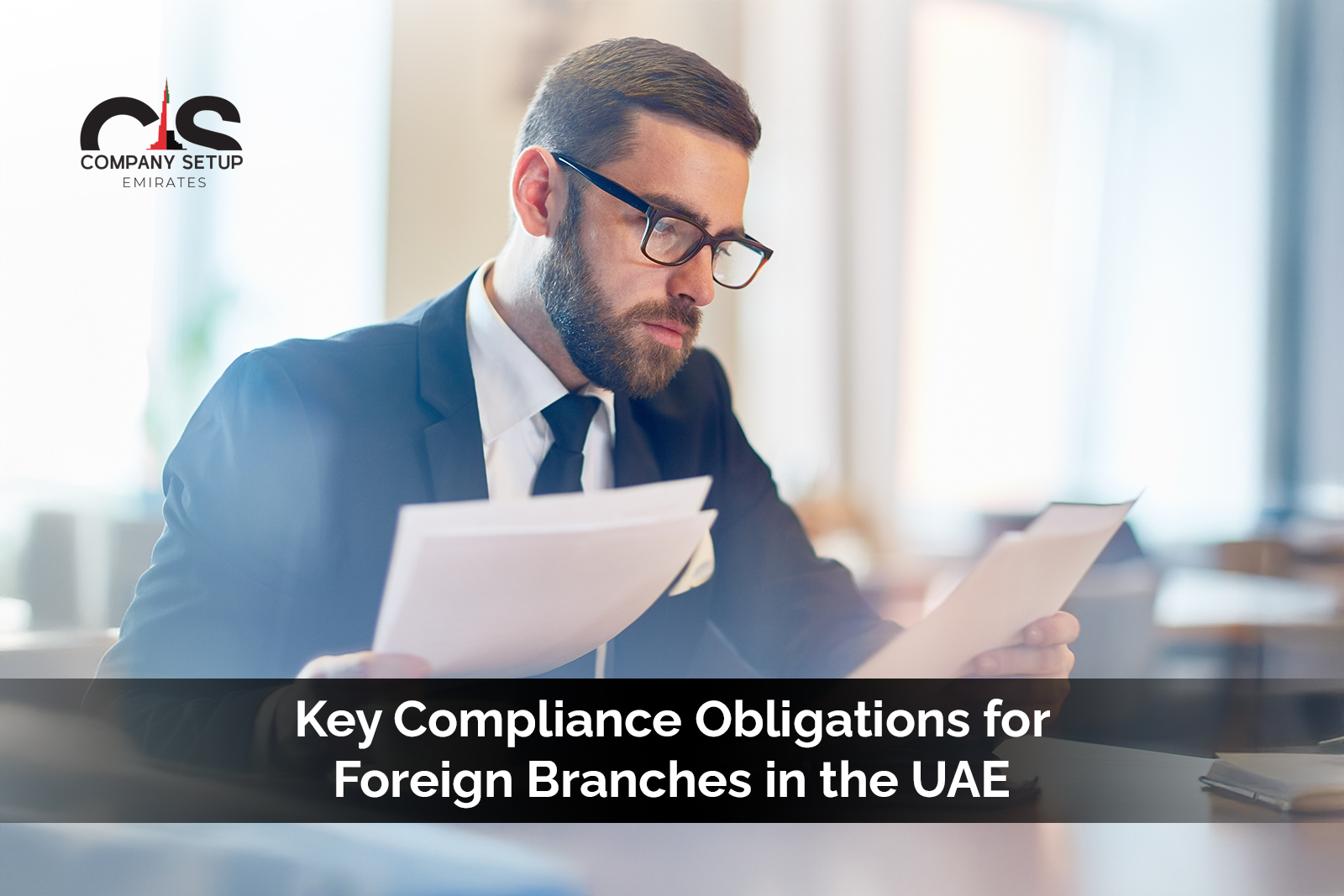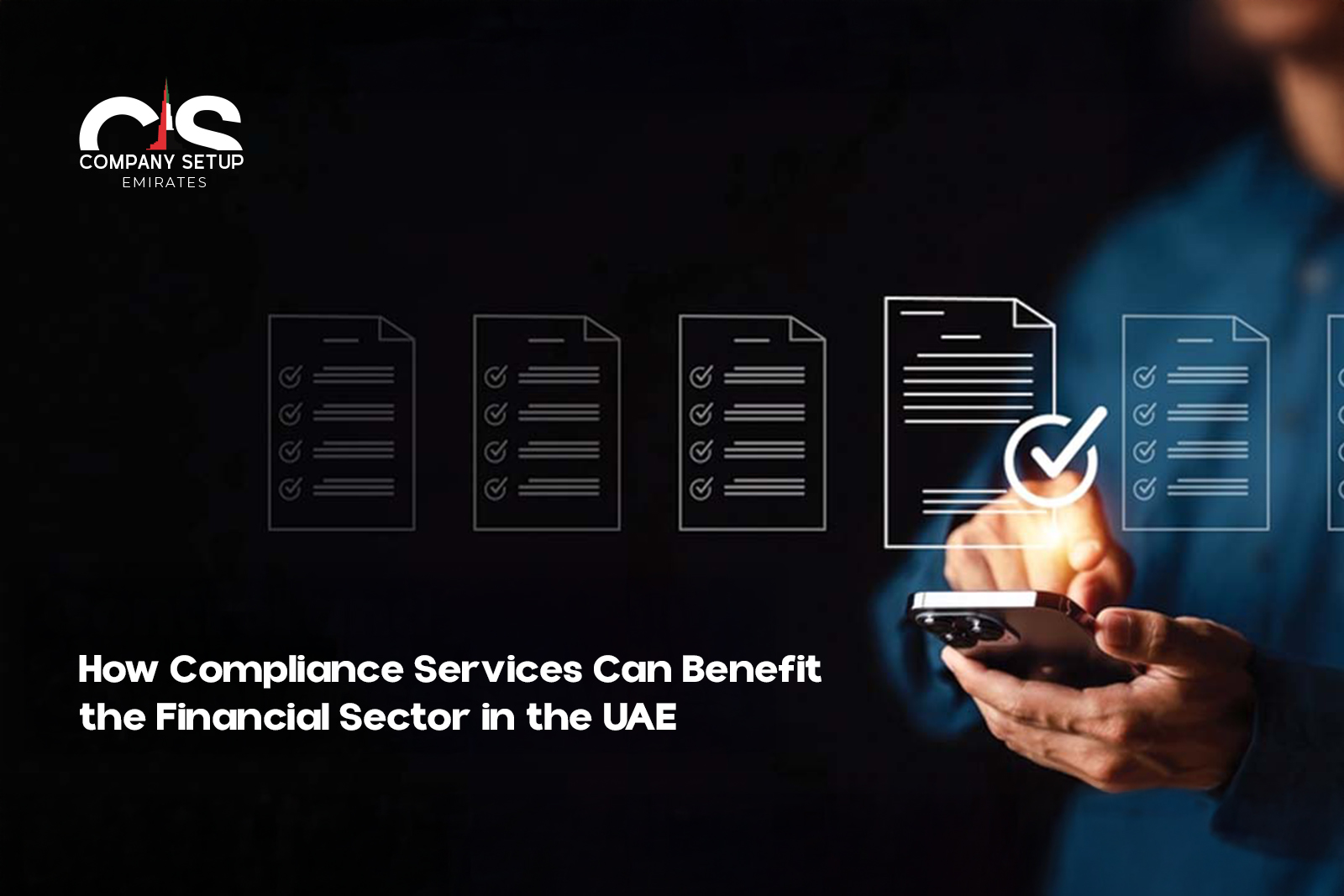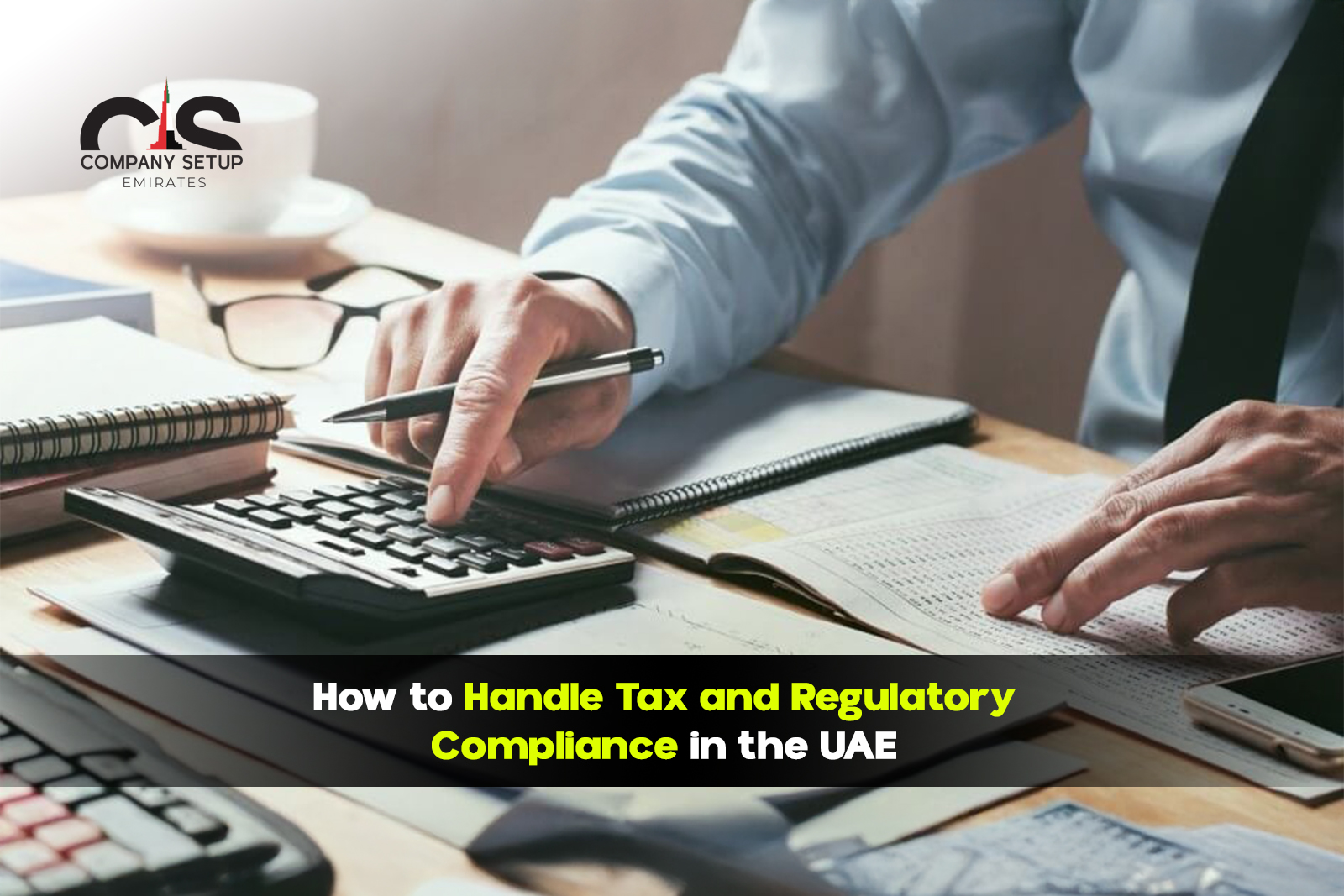The healthcare industry in the UAE is one of the fastest-growing sectors in the region. With Dubai and Abu Dhabi aiming to become global healthcare hubs, hospitals, clinics, and healthcare investors are seeing record opportunities. But alongside this growth comes another critical reality: compliance in the healthcare industry in the UAE has become more complex and demanding than ever before.
From licensing and patient data protection to medical advertising rules and anti-money laundering (AML) checks, the UAE healthcare sector is governed by a framework of strict laws and standards. For providers and investors, this isn’t optional, it’s the foundation of trust, sustainability, and long-term success.
In this blog, we’ll explore:
- The scope of healthcare compliance in the UAE.
- The most important UAE healthcare regulations you need to know.
- Why expert healthcare regulatory services in the UAE are indispensable.
- How non-compliance can put your business and reputation at risk.
- The future of compliance in the UAE healthcare sector.
Let’s dive in.
Why Compliance Matters in the UAE Healthcare Industry
The UAE has positioned itself as a global healthcare destination. With medical tourism booming and billions being invested in hospitals, clinics, and telehealth, the government is determined to uphold world-class standards.
Compliance ensures:
- Patient safety and trust: Meeting UAE healthcare regulations means patients receive reliable care.
- Operational sustainability: Proper compliance helps clinics and hospitals avoid penalties or forced closures.
- Investor confidence: For foreign investors, medical compliance in the UAE demonstrates professionalism and risk management.
- Reputation management: A compliant healthcare provider builds credibility in a competitive market.
In short, healthcare industry compliance is not just a regulatory requirement, it’s a strategic advantage.
Key UAE Healthcare Regulations Every Provider Must Know
The UAE healthcare system is overseen by different authorities, depending on location:
- Dubai Health Authority (DHA) governs Dubai.
- Department of Health (DOH) oversees Abu Dhabi.
- Ministry of Health and Prevention (MOHAP) regulates Northern Emirates.
- Emirates Health Services (EHS) manages specific government healthcare facilities.
Some major areas of UAE health sector regulations include:
- Licensing & Accreditation
- All healthcare professionals (doctors, nurses, technicians) must be licensed by DHA, DOH, or MOHAP.
- Facilities must be accredited before operations begin.
- All healthcare professionals (doctors, nurses, technicians) must be licensed by DHA, DOH, or MOHAP.
- Patient Data & Privacy (DHA Data Law)
- The UAE mandates strict patient data confidentiality and electronic medical record standards.
- HIPAA-style frameworks apply, especially in telehealth.
- The UAE mandates strict patient data confidentiality and electronic medical record standards.
- Medical Advertising Rules
- Healthcare providers must comply with MOHAP and DHA guidelines on advertising treatments, pricing, or promotions.
- Healthcare providers must comply with MOHAP and DHA guidelines on advertising treatments, pricing, or promotions.
- Clinical Standards
- Hospitals and clinics must follow approved medical protocols and maintain hygiene, equipment, and emergency care standards.
- Hospitals and clinics must follow approved medical protocols and maintain hygiene, equipment, and emergency care standards.
- Corporate Governance & AML Compliance
- Like all UAE companies, healthcare providers must comply with AML, UBO, ESR, and tax regulations.
Failure to comply with these UAE healthcare regulations can result in license suspension, fines, or permanent closure.
The Challenges of Healthcare Industry Compliance
While the rules are clear, staying compliant is not always easy. Many providers struggle with:
- Constantly evolving laws: Healthcare regulations in the UAE are regularly updated to meet international benchmarks.
- High cost of non-compliance: A single violation (e.g., in data protection) can result in fines up to AED 1 million.
- Multiple regulators: Navigating DHA, DOH, MOHAP, and federal laws simultaneously requires expertise.
- Limited in-house compliance teams: Small and mid-sized clinics often lack dedicated compliance officers.
This is where healthcare compliance services make the difference.
Why You Need Expert Healthcare Compliance Services in the UAE
Engaging professional healthcare regulatory services in the UAE ensures you don’t just survive, but thrive. Here’s why:
- Risk Management
Experts identify gaps in your operations that could expose you to penalties. They help you mitigate risks before they escalate.
- Tailored Guidance
Every healthcare provider is unique. From a small dental clinic to a multi-specialty hospital, medical compliance in the UAE requires customised strategies.
- Time & Cost Efficiency
Instead of spending months understanding each regulation, experts streamline the licensing, reporting, and renewal processes.
- Strategic Compliance
Beyond just “ticking boxes,” professionals help align compliance with growth, positioning your facility as investor-friendly and globally competitive.
Areas Covered by Healthcare Compliance Services
Professional UAE healthcare compliance services typically cover:
- Facility Licensing – DHA/DOH/MOHAP approvals, renewals, and inspections.
- Professional Licensing – Credentialing doctors, nurses, and allied healthcare staff.
- Policy & Procedure Development – Crafting SOPs that align with UAE healthcare regulations.
- Data Protection Compliance – Implementing EMR systems that meet privacy laws.
- Clinical Governance – Regular audits, staff training, and quality management.
- Advertising & Marketing Compliance – Ensuring promotional content adheres to DHA/MOHAP rules.
- AML & Corporate Governance – UBO filings, tax compliance, ESR, and anti-money laundering measures.
These services help you build a fully compliant healthcare business in the UAE while freeing you to focus on patient care and growth.
The Risks of Non-Compliance in the UAE Healthcare Sector
Non-compliance is not just a legal risk, it’s a business risk.
Consequences include:
- Hefty Fines: From AED 10,000 to AED 1 million depending on the violation.
- Suspension of License: Authorities can halt operations until compliance is restored.
- Reputation Damage: Public trust in healthcare is fragile; one compliance issue can deter patients.
- Investor Withdrawal: Non-compliance makes investors wary, especially in joint ventures.
- Legal Liability: Directors and managers may face personal accountability for serious breaches.
In the UAE’s competitive healthcare market, one compliance mistake can set your business back years.
The Role of Technology in Healthcare Compliance
Digital transformation in the UAE healthcare sector is reshaping compliance.
- Electronic Medical Records (EMR) are mandatory.
- Telemedicine regulations now include consent, secure platforms, and cross-border licensing.
- AI in healthcare raises new regulatory challenges around data, transparency, and ethics.
- RegTech solutions are increasingly used to track compliance deadlines, reporting, and audits.
Investors and providers who integrate technology early can future-proof against upcoming UAE healthcare regulations.
Future of Healthcare Compliance in the UAE
As the UAE pursues its Vision 2031 and beyond, expect compliance to expand further:
- Stronger focus on ESG (Environmental, Social, Governance) compliance in healthcare.
- Stricter rules for AI-driven medical devices and digital health apps.
- Increased international partnerships, aligning UAE standards with global frameworks like FDA and EMA.
- Continuous audits by DHA, DOH, and MOHAP to ensure consistent quality.
For investors, this means compliance is not a one-time requirement, it’s an ongoing journey.
How Expert Services Support Investors
For investors eyeing the UAE’s healthcare sector, compliance experts help by:
- Navigating licensing requirements before acquisition.
- Conducting compliance due diligence during M&A deals.
- Advising on structuring clinics, pharmacies, or hospitals to meet regulations.
- Aligning healthcare real estate projects with DHA/DOH standards.
With billions flowing into medical tourism and healthcare real estate, expert compliance services bridge the gap between opportunity and regulation.
Why Vista and Similar Advisory Firms Play a Key Role
Firms specialising in healthcare regulatory services in the UAE act as strategic partners. They:
- Liaise with DHA, DOH, and MOHAP on your behalf.
- Ensure renewals and audits are passed smoothly.
- Provide tailored compliance frameworks for your facility.
- Train your staff to maintain ongoing compliance.
By outsourcing compliance, healthcare providers can focus on what matters most: patient care, innovation, and expansion.
The UAE healthcare industry is growing at record speed, but growth without compliance is unsustainable. From licensing to patient data protection, healthcare compliance in the UAE is both a legal obligation and a strategic advantage.
Expert healthcare compliance services give providers and investors the confidence to operate securely in this dynamic market. In a region where reputation and regulation go hand in hand, the smartest move isn’t to avoid compliance, it’s to embrace it with the right partners.
Whether you’re running a clinic, opening a specialty hospital, or investing in healthcare real estate, aligning with professional UAE healthcare regulatory services ensures your future is built on trust, safety, and success.
FAQs
1. What is healthcare compliance in the UAE?
Healthcare compliance in the UAE refers to adhering to laws, regulations, and standards set by DHA, DOH, MOHAP, and other authorities covering licensing, data protection, clinical standards, and corporate governance.
2. Why is compliance important in the UAE healthcare industry?
It protects patients, builds trust, ensures operational sustainability, prevents penalties, and boosts investor confidence.
3. Which authorities regulate healthcare in the UAE?
Dubai Health Authority (DHA), Department of Health (Abu Dhabi), and Ministry of Health and Prevention (MOHAP) are the key regulators.
4. What happens if a clinic in Dubai fails compliance?
Fines, license suspension, legal liability, and reputational damage.
5. How do compliance services help investors?
They simplify licensing, conduct due diligence, manage risk, and ensure healthcare facilities align with UAE regulations.
6. Are telemedicine services regulated in the UAE?
Yes. Providers must comply with DHA and MOHAP telehealth frameworks regarding data security, patient consent, and cross-border practices.
7. What role does technology play in UAE healthcare compliance?
Tech enables EMR systems, telemedicine compliance, RegTech solutions for audits, and ensures secure patient data handling.
8. How often are healthcare regulations updated in the UAE?
Regularly. Updates reflect global standards, AI adoption, and local patient safety needs.
9. Do investors in healthcare real estate need compliance support?
Yes. Healthcare real estate must align with DHA/DOH licensing standards for operational approval.
10. What is the future of UAE healthcare compliance?
Expect stronger ESG focus, tighter data protection, AI regulation, and international alignment with FDA/EMA standards.









